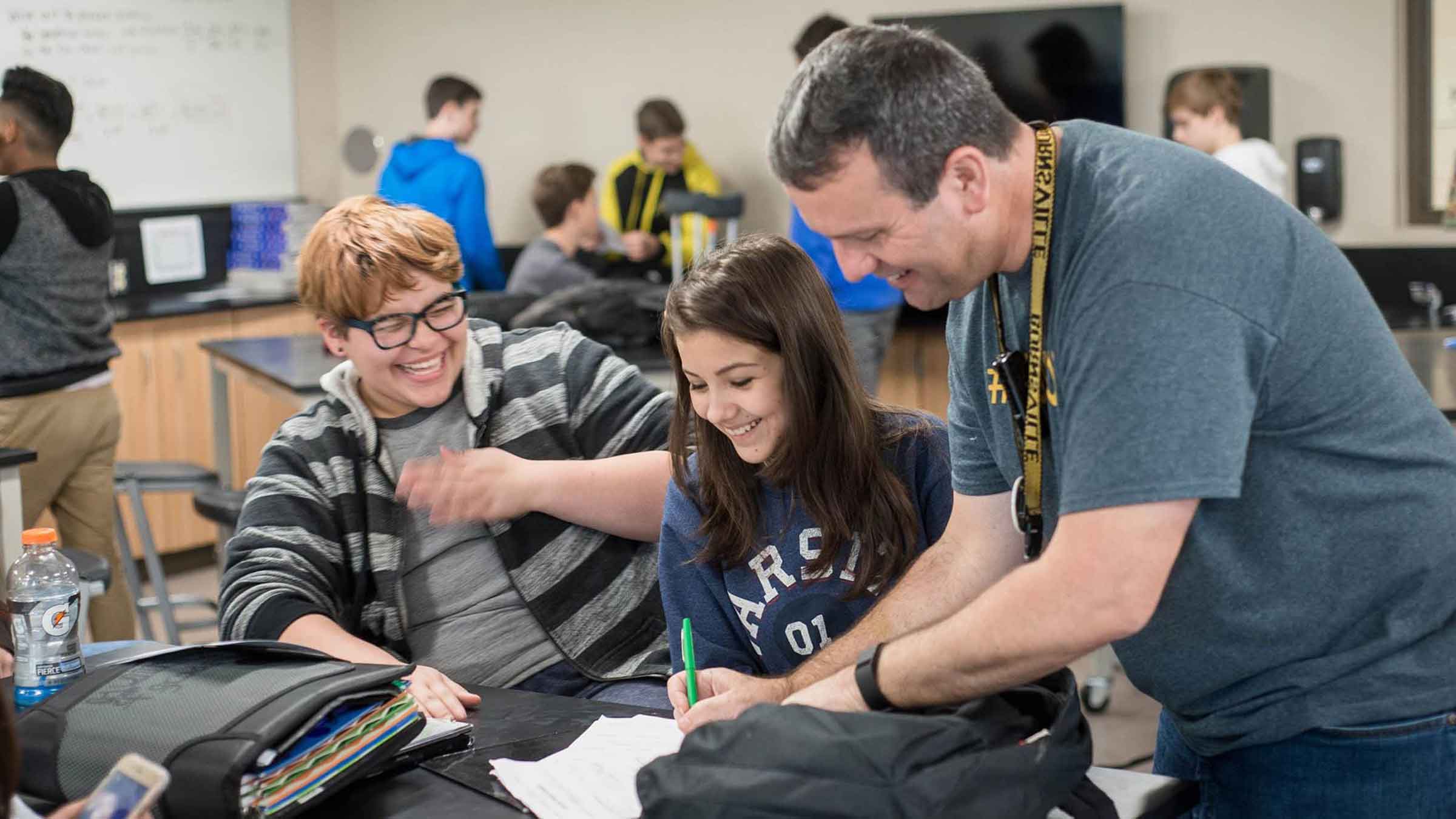
With the school year well underway, we and our partners are reflecting on what we’ve learned over the past few years of education during COVID-19 – all towards the goal of building a more equitable and just education system with, and for, youth in our community.
COVID has unquestionably impacted student learning over the last two years, but the data paints a complex picture. A recent NWEA study, for example, indicates that elementary students are generally on track to recover their academic learning losses within three years. However, this is not the case for middle school aged youth and Black, Indigenous, Latinx, Asian, Pacific Islander, and other Youth of Color. For these middle schoolers, the data suggest the opportunity gaps in their learning recovery are so great that it will take over 5 years to catch up to where they would have been.
Our partner organizations will be working to address these challenges for years to come. At Greater Twin Cities United Way, we’re working to overcome these impacts – and promote the career and future readiness of all young people – by centering youth who are furthest from equity and justice in our education system. This concept is known as Equitable Learning Recovery.
To help us achieve that goal, we collaborated with Generation Next and Ignite Afterschool to implement a statewide survey and in-depth community interviews to better understand these impacts – and to develop a path forward for youth-serving organizations, funders and other stakeholders in the space.
As a result of this collaboration, earlier this year we released an Equitable Learning Recovery report that highlights strategies tried by youth serving organizations during the pandemic, challenges they faced and opportunities for our educational systems moving forward. The report identified the following key recommendations:
At the heart of GTCUW’s theory of philanthropy – our North Star for grantmaking and community building – is our commitment to prioritizing the voices of our communities. This is also the first and most important recommendation of the Equitable Learning Recovery report.
For youth-serving organizations, this means creating new space for youth leadership opportunities – expanding young people’s influence over program design and the organization’s strategic direction. It also underscores the importance of programs that surround youth with caring, affirming adults with similar backgrounds and life experiences.
As just one example of what this looks like in community, we proudly support the New Vision Foundation (NVF), which builds on the amazing potential of young people by creating pathways to success for youth and young adults through coding and digital literacy classes. All of NVF’s participants are students of color – mainly Black East African immigrants and refugees, or second-generation Black African youth.
NVF staff, board, and volunteers are from the communities they support, and all six of NVF’s full-time instructors – more than half of whom are women – have at least a bachelor’s degree and industry experience in a technology-related field. This kind of professional and community-based representation really matters! Walk into any NVF coding class and you’ll immediately know that it’s welcoming, relevant, and future-oriented.
As one of New Vision Foundation’s students shared: “The experience was invaluable. It’s served as training for the real world. Along with the professional experience I have gained from this internship, I have grown a lot as a person, which I will be forever grateful for.”
These are the kinds of supportive environments that can help young people overcome educational setbacks and chart a path toward a successful future.
Our work in education builds on and strengthens youth-centered community partnerships that are inclusive, responsive and innovative. Every young person deserves the opportunity to have their voices heard and to realize their full potential.
Greater Twin Cities United Way is committed to working with its community partners and supporters to become changemakers – because we know that by working together we can disrupt inequitable and unjust systems to build a more just, vibrant and united community where all people thrive, regardless of income level, race or place.